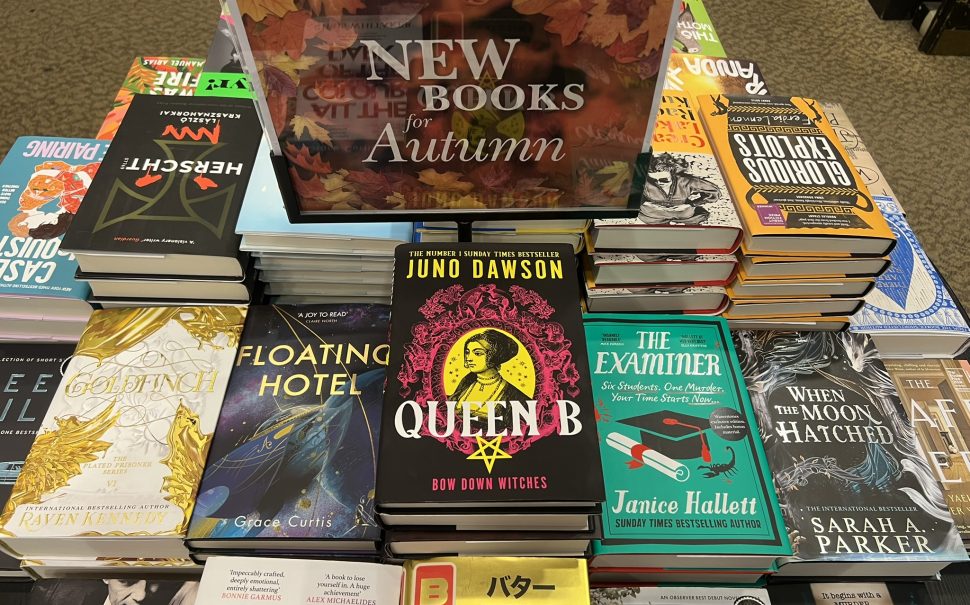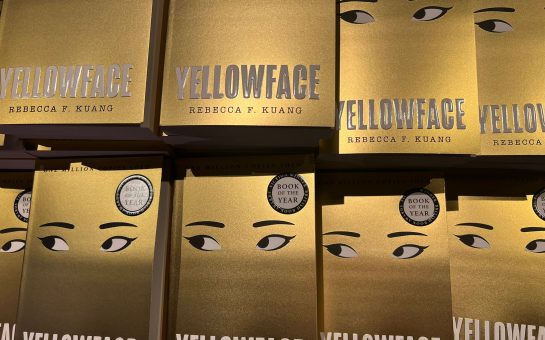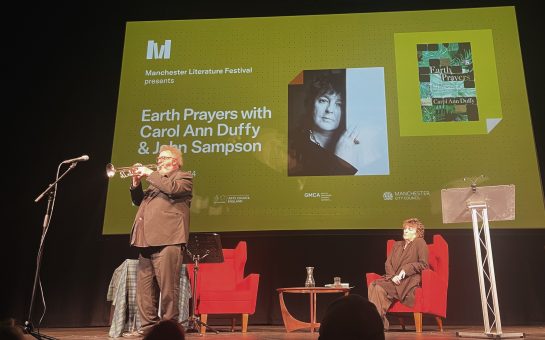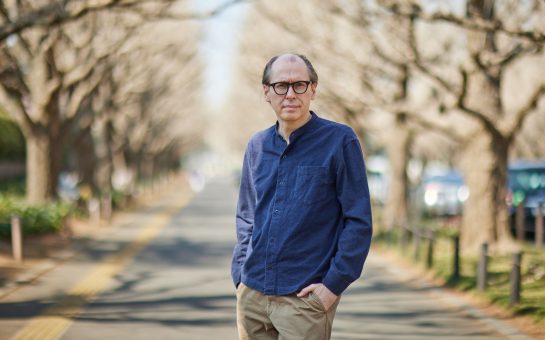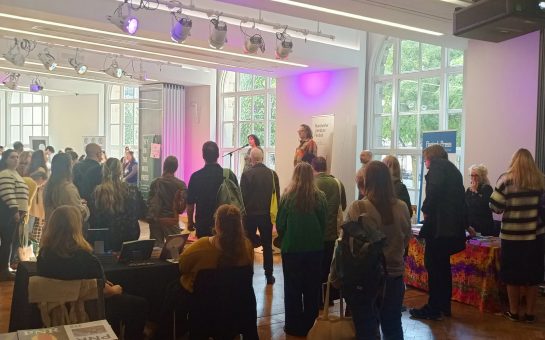In a sold-out event at Deansgate Waterstones on Friday, the novelist (and co-host of Sex and the City Podcast ‘So I Got to Thinking’) sat down with fellow author Andrew McMillan to discuss her new book, Queen B.
Queen B is the prequel to her series ‘Her Majesty’s Royal Coven’ (or HMRC) following the activities of a group of state-sanctioned witches in Manchester. Unlike the modern-day setting of the other books, the new novella traces the origins of the government-department-cum-coven back to the time of Anne Boleyn.
A good portion of the conversation was spent discussing her research for the new book. Manchester’s historic architecture featured heavily in the series thus far, but this time she visited iconic locations from the historic Queen’s life like Hampton Court and the Tower of London.
She also revealed that until a late stage in the writing process, a pivotal fire had been started with a match – a last-minute fact-check saved the day. “If I pay attention to the real history, hopefully it makes the absolute bullsh*t a bit more believable,” she said.
However, she said part of the challenge of writing historical fiction is knowing which details are worth including. “It can feel like: the author has done the research – and heaven knows you’re gonna read about it.”
It’s not just the history that needs fact checking. Dawson also explained that the success of fantasy fiction relies on consistency, and to this end both she and her editors at HarperCollins keep a sort of bible of the rules and precedents that her alternate world is built on.
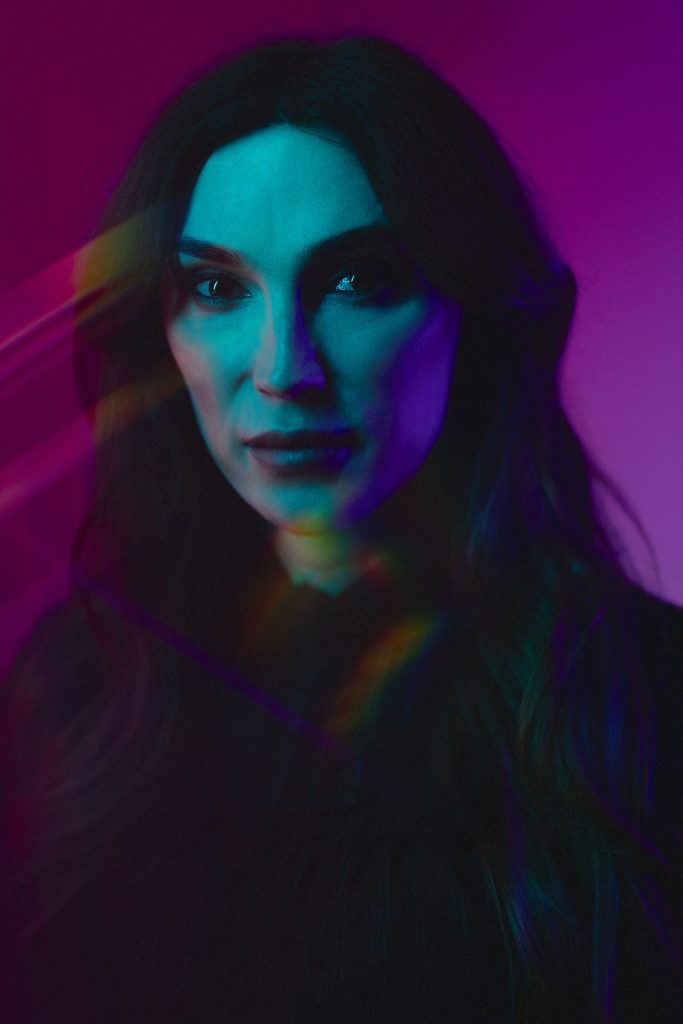
She began writing the titular book of the series, Her Majesty’s Royal Coven (initially conceived of as her “spice-girl-witch novel”), in lockdown. It was a period in which another famous writer of witches was at the centre of twitter discourse, and discussions were beginning around updates to Scotland’s Gender Recognition Reform Bill.
As a trans woman in the public eye, Dawson was frequently called on to participate in discussions of the topic. She recalled thinking “I don’t want to talk about it on your terms, Piers Morgan.”
Instead, she wrote a trans character into the novel, and attempted to understand why cisgender members of the coven might refuse to accept her. Dawson said that the realisation that it was “just prejudice” released her from the feeling that transphobia was a problem she could (or should) fix within feminism. “There’s nothing me – or Caitlin Moran – can do,” she said.
This won’t stop her continuing to explore queerness within the genre. “Queer people and fantasy and horror have always made really great bedfellows,” she said, reflecting that as a child she relied on prayer – which she jokingly describes as a nascent belief in witchcraft – to become a girl. Speculating as to whether this now helps her create new worlds in her writing, she said: “If your imagination is like a muscle, I spent a lot of time working that muscle.”
As to whether she believes in magic now: “You’d be very arrogant to think you know everything.”
Manchester Literature Festival 2024 events are happening in venues across Manchester till Friday 8 November. For the full programme of events, visit manchesterliteraturefestival.co.uk.
